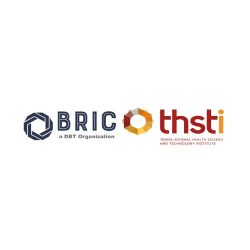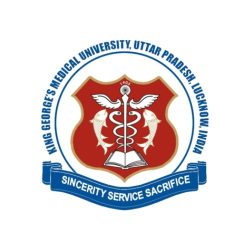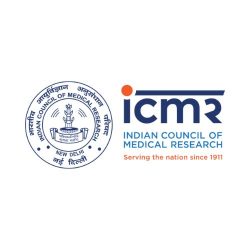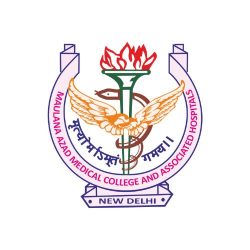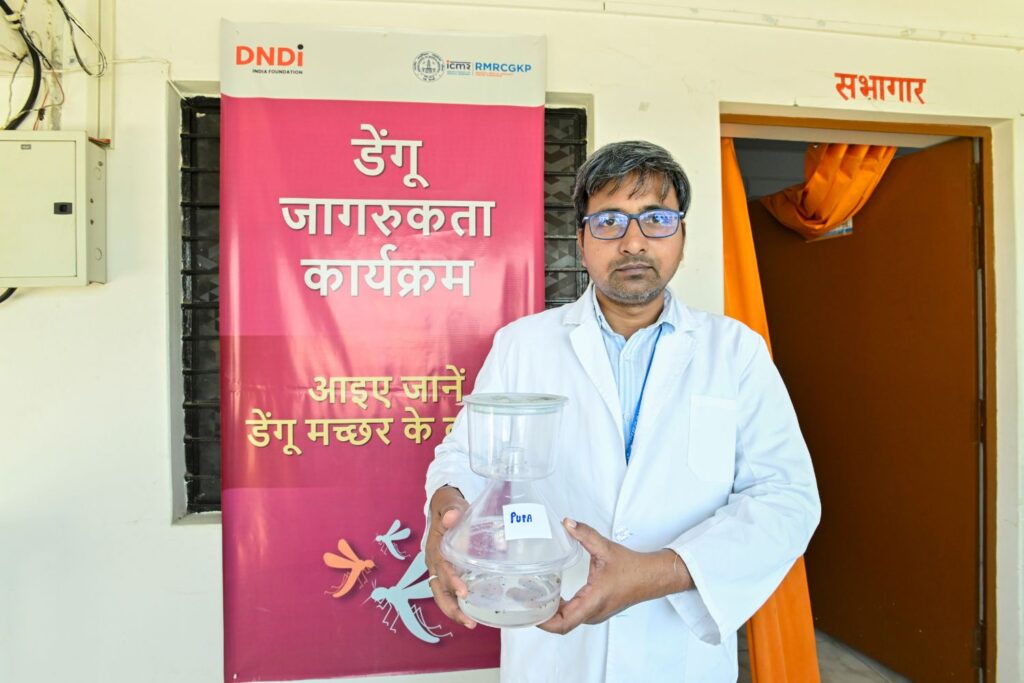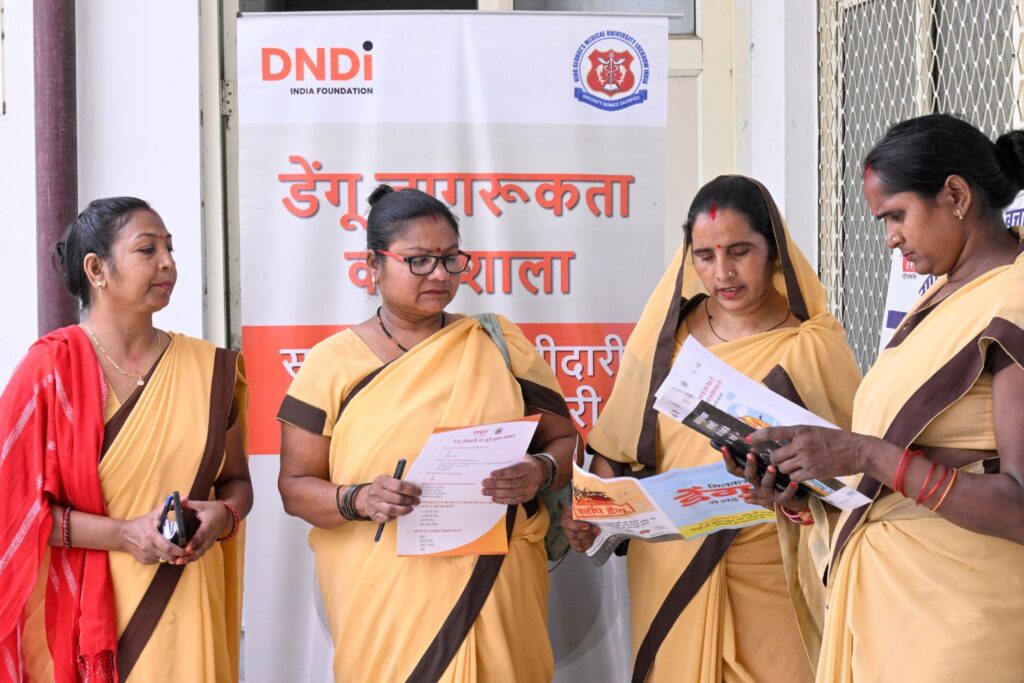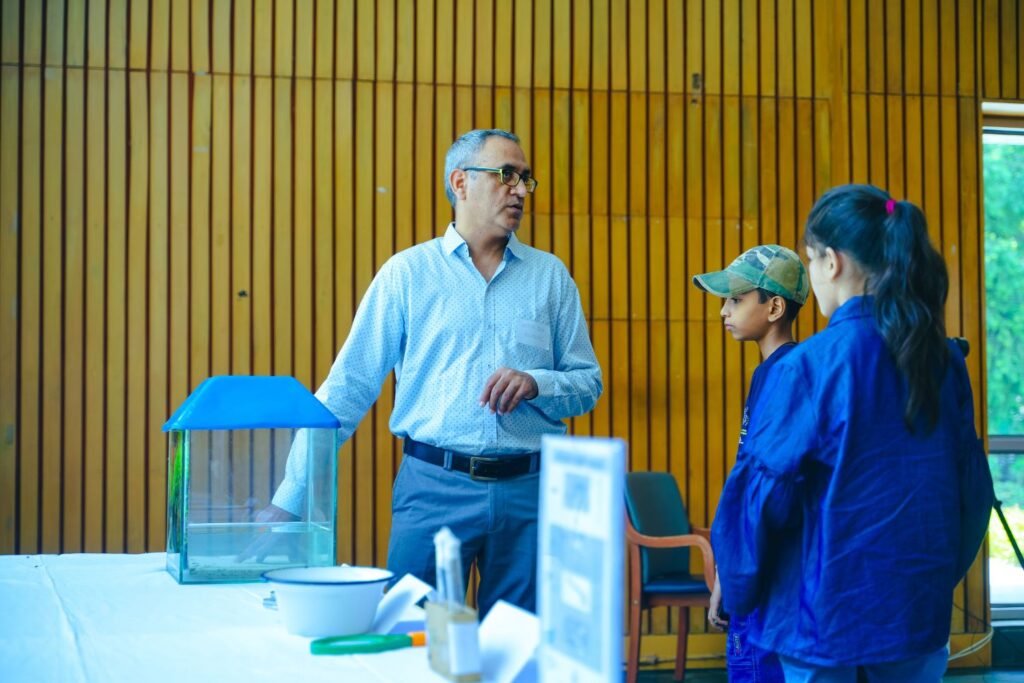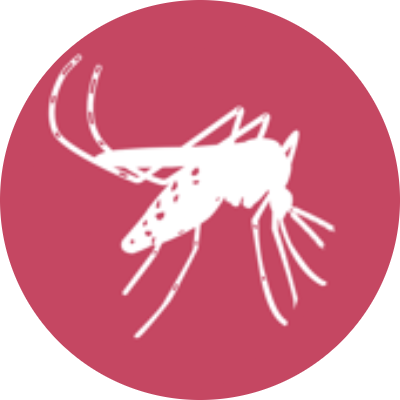
Dengue
A global health emergency

Dengue
A global health emergency
Dengue is the most common mosquito-borne viral disease in the world, caused by a virus transmitted through the bite of infected Aedes mosquitoes. It is prevalent in tropical and sub-tropical regions, particularly in urban and semi-urban areas, and is now endemic in129 countries across the world.
Dengue infections can often go unnoticed or cause mild illness, but in some cases, the disease can escalate rapidly, leading to severe complications such as plasma leakage, shock, internal bleeding, and organ dysfunction. Vulnerable groups include pregnant women, children, the elderly, and people with existing health conditions.
Dengue poses a significant threat with 3.9 billion people at risk and cases more than doubling since 2021, as it spreads to non-endemic areas due to climate change and urbanization. Yet globally, dengue cases remain highly underreported, and the true scale of the disease burden is likely far greater than current estimates.Despite its prevalence and severity, there is still no specific treatment available for dengue. Medicines that could prevent mild cases from becoming severe would therefore play an important role in reducing mortality and prevent hospitals from being overwhelmed during outbreaks.
India: A growing epicentre
More than 70% of the global dengue burden is in Asia, where severe dengue has become a leading cause of hospitalization and death among both children and adults. India reports tens of thousands of cases every year, with outbreaks occurring every 2-3 years in different states. In 2024, the country recorded 233,519 dengue cases, compared to 157,315 in 2019. Factors such as dense population, rapid urbanization, and climate variability make India especially vulnerable to frequent and severe dengue outbreaks.
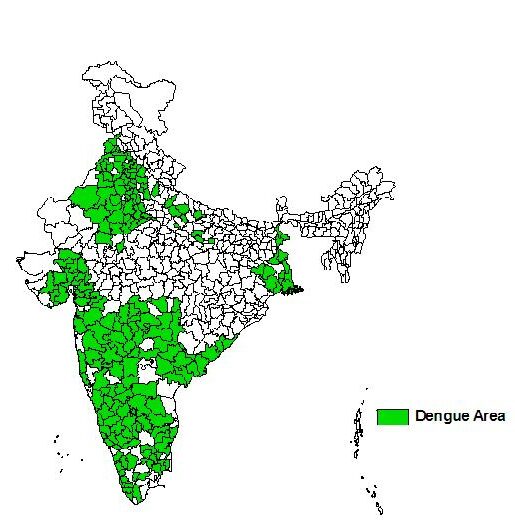
How can we tackle dengue?
Reducing the burden of dengue requires a coordinated, multi-pronged approach that brings together science, access, and community action.
Access to timely diagnosis and care
Community engagement and vector control
Research and development of effective therapeutics
Development and deployment of safe, effective vaccines
Our efforts towards lowering the burden of dengue in India
The partnership will carry out preclinical studies of potential dengue treatments, test the efficacy of several repurposed drug candidates and implement clinical trials of the most promising compounds to deliver an affordable and accessible treatment solution. The focus will be on combination treatment opportunities as these have the most potential for increased efficacy at different stages of the disease increasing the window of opportunity to avoid progression to severe dengue.
THSTI is also part of the Dengue Alliance – a global partnership led by institutions from dengue-endemic countries. The Dengue Alliance is advancing urgently needed pre-clinical research, testing the efficacy of repurposed drug candidates, and implementing clinical trials of the most promising potential dengue treatments. It is developing affordable and accessible treatments for dengue through partnerships with institutions in the most affected countries. DNDi serves as the secretariat of the Alliance, coordinating efforts across regions and partners.
We are also conducted a behavioural study on the clinical management and health-seeking behaviour of patients with suspected dengue and other febrile illnesses in India, to better understand delays in care and deviations from standard treatment practices. The study was carried out across three sites: King George’s Medical University, Lucknow; SRM Medical College Hospital and Research Centre, Kattankulathur; and JSS Medical College and Hospital, Centre for Clinical Research Excellence, JSS AHER, Mysore. Results are currently being analysed to help inform more effective strategies for patient-centred dengue care.
Dengue awareness workshops: Connecting communities
To address the rising threat of dengue in India, DNDi India Foundation partnered with regional research institutes and medical colleges to host a series of interactive community workshops across Gorakhpur, Lucknow, and Delhi. These workshops engaged frontline health workers, medical professionals, community leaders, students, and local residents in practical discussions and demonstrations highlighting the critical role of community-driven action.
Gorakhpur
Organized with Indian Council of Medical Research – Regional Medical Research Centre, Gorakhpur, this workshop featured a live mosquito life cycle demonstration and engaged nearly 100 participants including community leaders, PHC staff, and students on dengue symptoms, prevention, and early treatment-seeking behaviour. Read more
Lucknow
Held in partnership with King George Medical University, Lucknow, the session focused on empowering ASHAs and ANMs as community change agents. Over 150 participants discussed vector control, gender-inclusive messaging, and strategies to strengthen early response at the community level.
Read more
Collaborators
We work closely with research institutions, medical colleges, and public health organizations to drive a consolidated and coordinated response to dengue.
